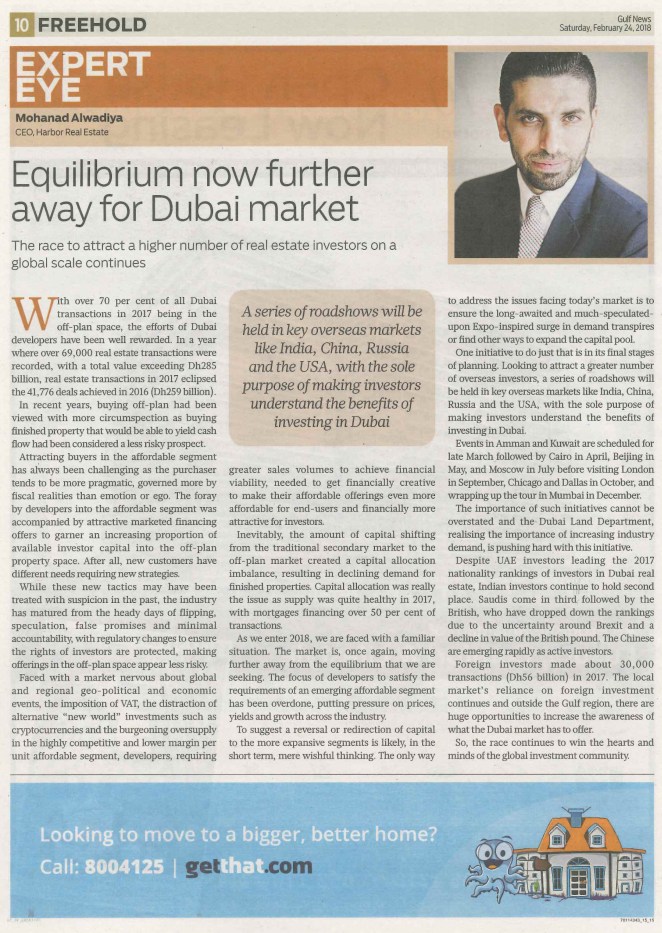The majority of my clients are comfortable with investing in residential property because most have rented or bought a property for their own use and therefore understand what that experience entails. However, very few have actually had a similar experience with commercial property and, therefore are a little less confident in investing in this potentially lucrative segment of the market.
So, why consider investing in commercial property?
Commercial property can add diversification to a property portfolio. Segments within the Real Estate market rarely move in tandem and a mixture of residential and commercial property can make an overall portfolio more resilient to inevitable market cycles.
All things being equal, commercial properties generally produce an ROI at least double that of residential properties. This is mainly due to lower per sq. ft.capital cost but also reflects the higher levels of risk associated with owning commercial property.
Managing tenants in a commercial property is also more straightforward. You will have a business-to-business relationship with your tenant and many of the emotional issues which can complicate residential leasing arrangements won’t exist. It’s easier to keep interactions professional and focused and relationships are built over time with the opportunity to attract a ‘blue chip’ tenant and are likely to rent your property for a long period of time and less likely to default on rental payments. In many cases, commercial tenants and property owner interests are aligned. The tenant wants an efficient operation which presents a favorable impression to his customers, business associates or peers and, in this way, is more likely to assist the owner maintain or even improve the property.
Establishing a true value of the investment is often easier with commercial property. Reviewing the current owners’ income statement and existing lease details will provide a good indication of the likely future cash-flows and help to establish an accurate valuation. Residential properties are often subject to more emotional pricing or developer inefficiency and cost recovery considerations.
Lease variations abound with commercial properties. The requirements of a tenant operating a high turnover major regional distribution and logistics center for non-perishable goods will be vastly different of those of a tenant who requires refrigerated goods storage to supply local retail outlets in shopping malls. In addition to lease rates and periods, negotiations can include such items as maintenance, implementation of storage and logistical systems, provision of office fit-outs, insurance, lease to buy provisions and options … the list goes on. The variations are countless.
However, there are some possible downsides that the investor should consider.
Let’s use a warehouse as an example. As most commercial leases are of a duration exceeding 2 years, with many being of 5 years duration with options for an additional term of 5 years, it could take some time to find a new tenant for the warehouse. Additionally, your current tenant may vacate due to tough economic conditions. Residential property can be resilient when it comes to economic factors over the long term and finding new tenants is not as difficult.
As the lease for each commercial facility can be negotiated with flexibility only limited by law, owning a portfolio with numerous commercial properties can be time consuming and complicated. You will need professional help if just to handle issues such as maintenance and emergencies. Remember, your clients are in the business to make money and will be relying upon you to address any issues that arise with your property immediately. They, like you, do not want to forgo any revenues or incur any costs because of a problem with the property or premises that you provide.
Purchasing a commercial property of a size that can generate significant cash flow will typically require more capital up front than a residential investment. Also, as the scale or size of the premises can be huge, unexpected repairs or major maintenance items can also be very expensive. This requires careful provisioning for expenses and emergencies when calculating lease rates and free cash-flows for re-investment.
There is a greater array of physical and safety risks associated with commercial properties. Warehouses, for example, are often frequented by trucks, forklifts or other heavy machinery which means damage can be substantial from accidents. Having proper insurance is a must, not only for damage to premises and systems, but also in the event of personal injury or death where you, as the owner, can be held liable. Remember, your investment is actually operating as a commercial venture and can receive high volumes of people traffic.
As usual, greater returns will attract greater risks, however, as part of an overall balanced investment portfolio, there is no doubt that commercial space can be very lucrative indeed.
Published: Gulf News Freehold
Dated: 26-March-2017










